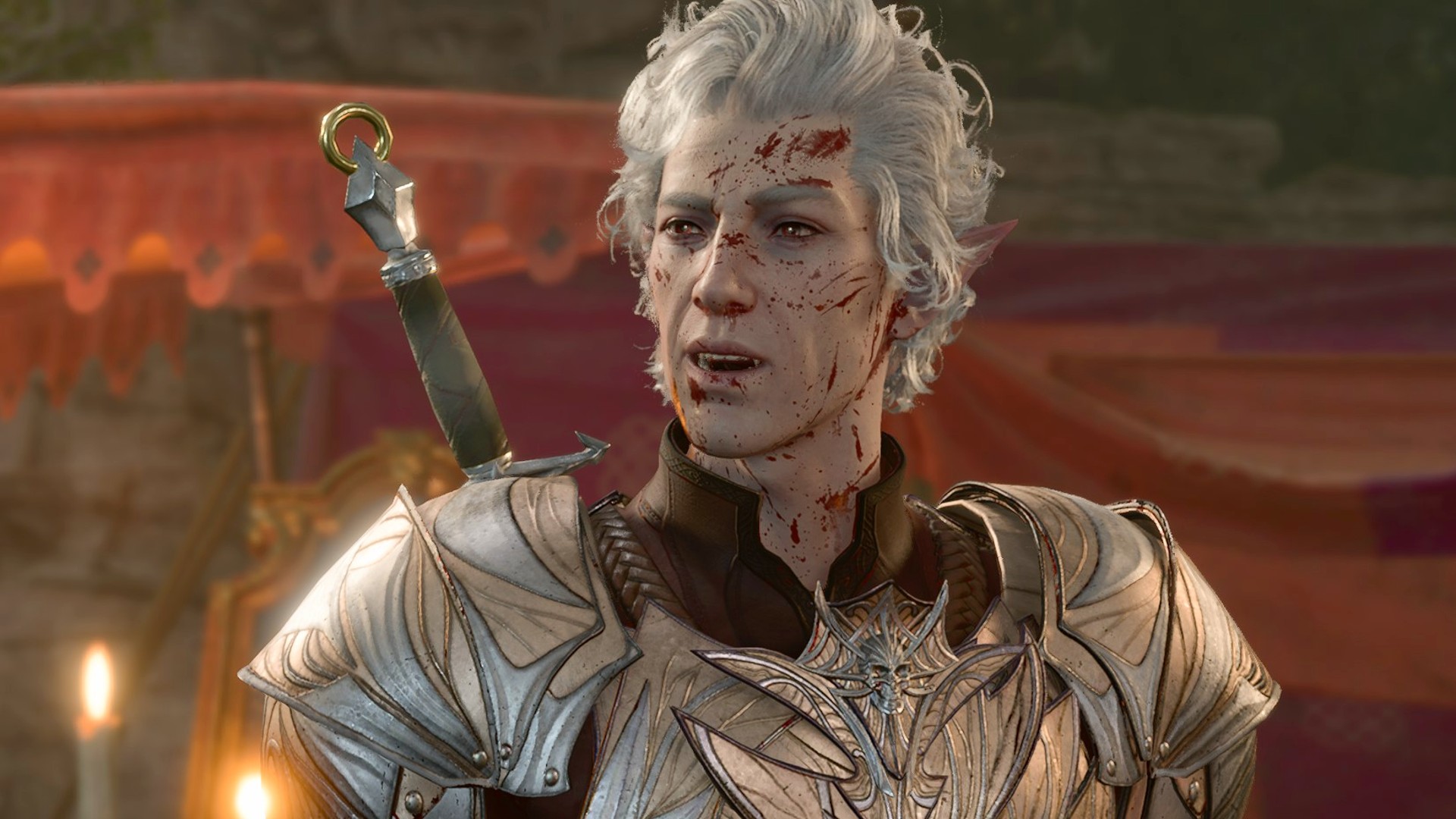Baldur's Gate 3 developer says the game isn't really a CRPG - in any sense of the word
According to one dev, it's neither just a 'computer' RPG or a 'classic' one

Baldur’s Gate 3 shouldn’t really be considered a CRPG, according to one developer.
In an interview with By Design, Larian Studios’ publishing director Micheal Douse talked about the moniker, its implications, and the wider genre as a whole. When asked about how wide the CRPG market was, Douse responds that the team “never used the term CRPG in our campaigns for a reason.”
Douse has a few reasons for that omission. Firstly, is the fact that the game “plays very well on a PS5” and that an Xbox port is coming sometime this year. The developer’s previous game, Divinity Original Sin 2, also played “extremely well on an iPad Pro,” according to Douse, meaning these games “are no longer ‘computer RPGs.” In a factual sense, they’re console-mobile-computer-RPGs.
Technically, the 'C' in CRPG does stand for computer - a way of differentiating them from tabletop RPGs - but in some circles, it's also thought to stand for 'classic'. But Douse says that's not right either: “If you consider CRPG to mean ‘classic’ RPG, I promise you that Baldur’s Gate 3 is not a classic RPG but a modern RPG,” Douse continues. “It has a lot of depth, but it’s doing things most RPGs aren’t able to do. The latter is a big reason for its perceived success.”
“Every time we release a ‘CRPG’, we know that the ‘CRPG’ audience grows. The only reason - at least on the industry side - that people think this audience is small is because there isn't a big enough pool of data to pull from,” Douse says of the genre’s relatively slim pickings. “How well should Baldur’s Gate 3 do? Well, what other CRPG with AAA production values are you going to look at to project from?”
“It’s a blessing and a curse,” Douse continues, “Don’t get me wrong, it is very much 99.99% a blessing, but academically the lack of substantiation - even internally - can create complex problems that require complex solutions.” Whatever those complex solutions were - maybe early access, maybe the license to a beloved series - they clearly paid off with the game’s cataclysmic success.
Sign up to the GamesRadar+ Newsletter
Weekly digests, tales from the communities you love, and more
Kaan freelances for various websites including Rock Paper Shotgun, Eurogamer, and this one, Gamesradar. He particularly enjoys writing about spooky indies, throwback RPGs, and anything that's vaguely silly. Also has an English Literature and Film Studies degree that he'll soon forget.


